Filter products
Minerals
Minerals play an important role in our bodies. From strengthening bones and teeth to regulating water balance and supporting energy metabolism, they are essential for our physical vitality. A sensible diet that includes a variety of foods rich in minerals is essential to provide our bodies with the best possible nutrition. Minerals such as calcium, magnesium and zinc are not only building blocks, they are also essential for regulating various physiological processes. A balanced intake of minerals is therefore important for our general wellbeing.
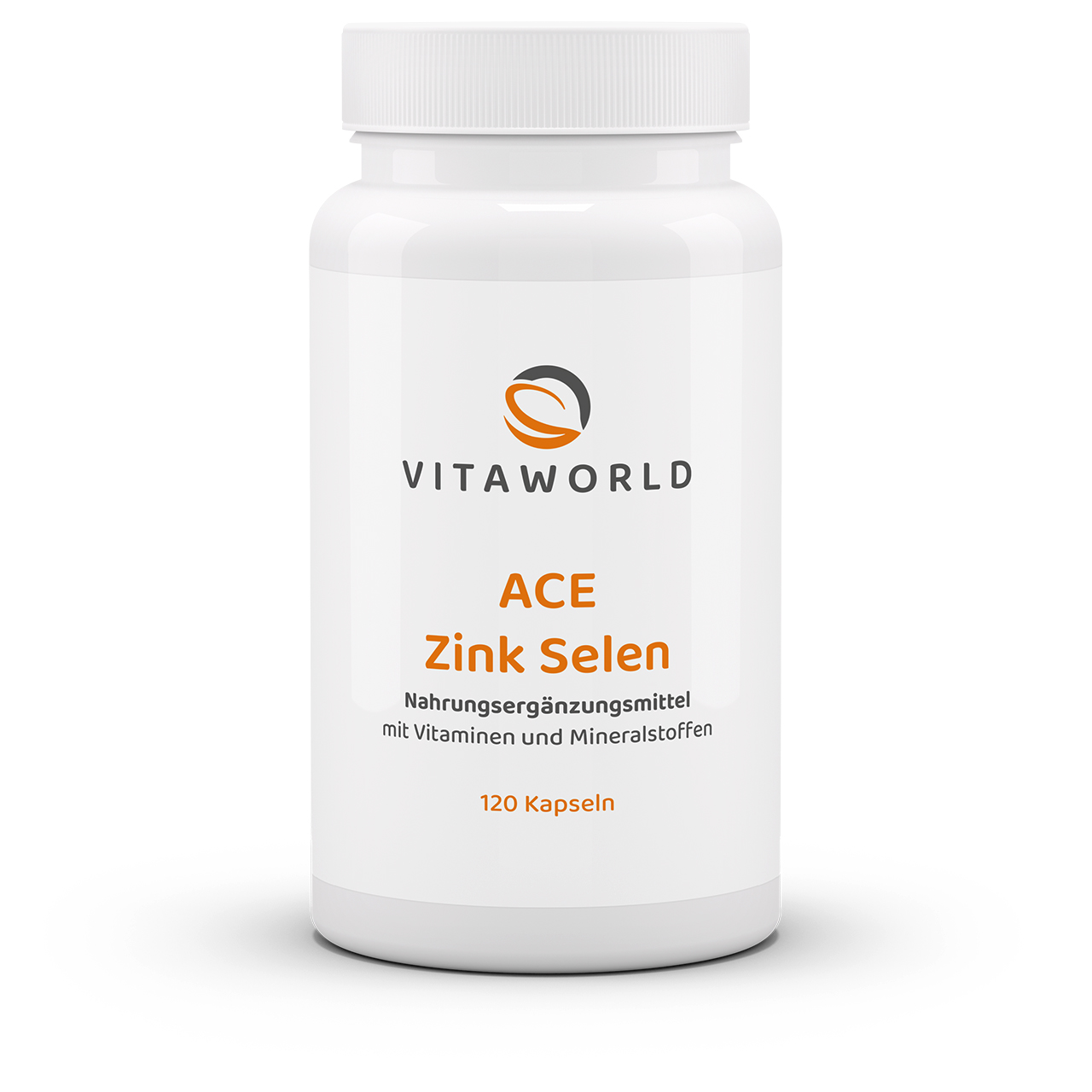
- Your daily protective shield – Feel confident throughout every season with vitamins A, C, E, zinc and selenium
- Radiance from within – Vitamin C protects cells from oxidative stress
- More energy, less fatigue – Vitamin C supports energy metabolism
Content: 0.048 Kilogramm (€289.58 / 1 Kilogramm)

- High-dose biotin for skin, hair and nails – your daily beauty formula with 10 mg biotin
- With zinc and selenium for cell protection and the immune system
- 365 tablets – your daily supply for a whole year
Content: 0.0913 Kilogramm (€174.15 / 1 Kilogramm)
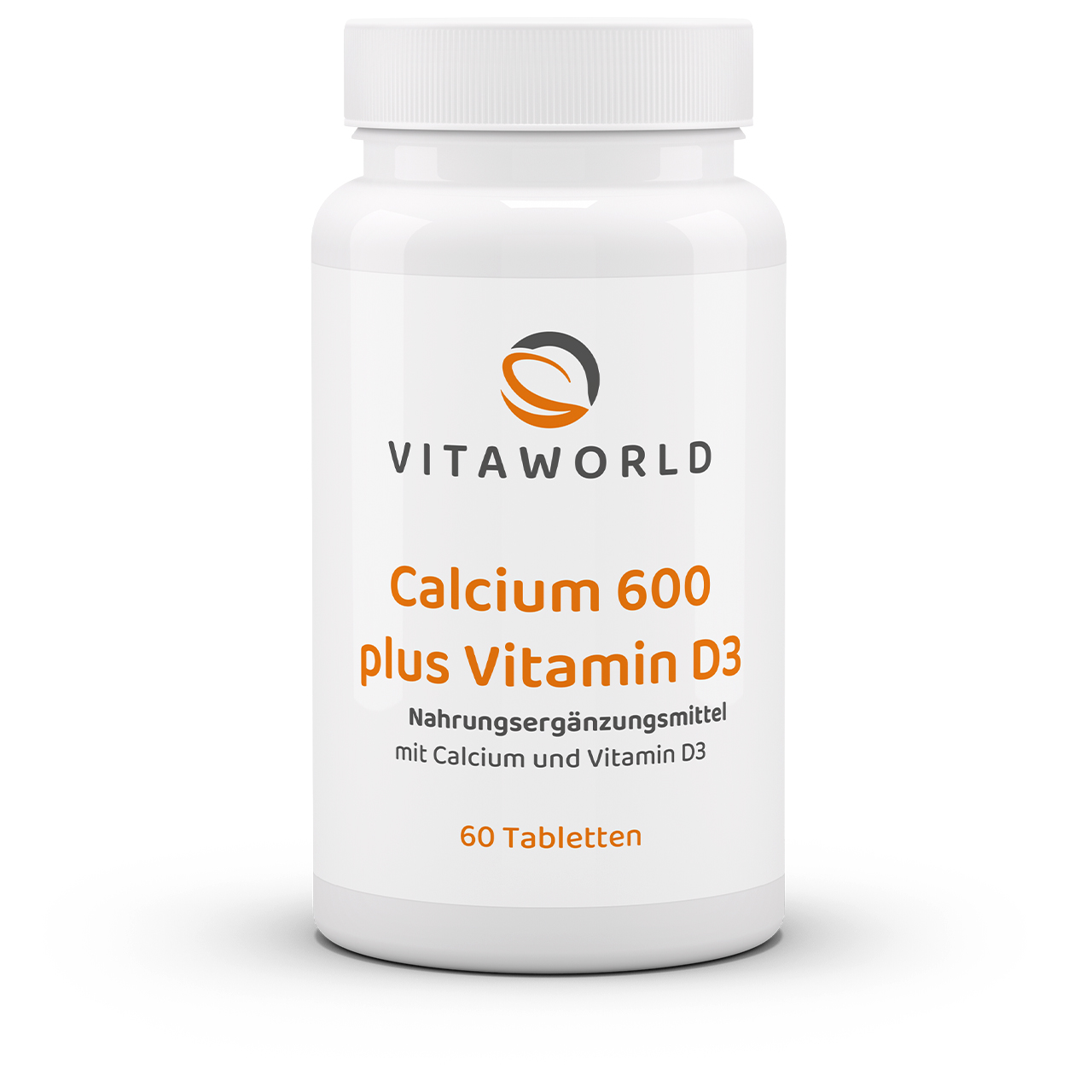
- Strong foundation – calcium for normal bones and teeth
- Better absorption thanks to vitamin D3 – supports calcium absorption in the body
- More than just bone protection – also important for nerves, muscles and blood clotting
Content: 0.1068 Kilogramm (€111.42 / 1 Kilogramm)
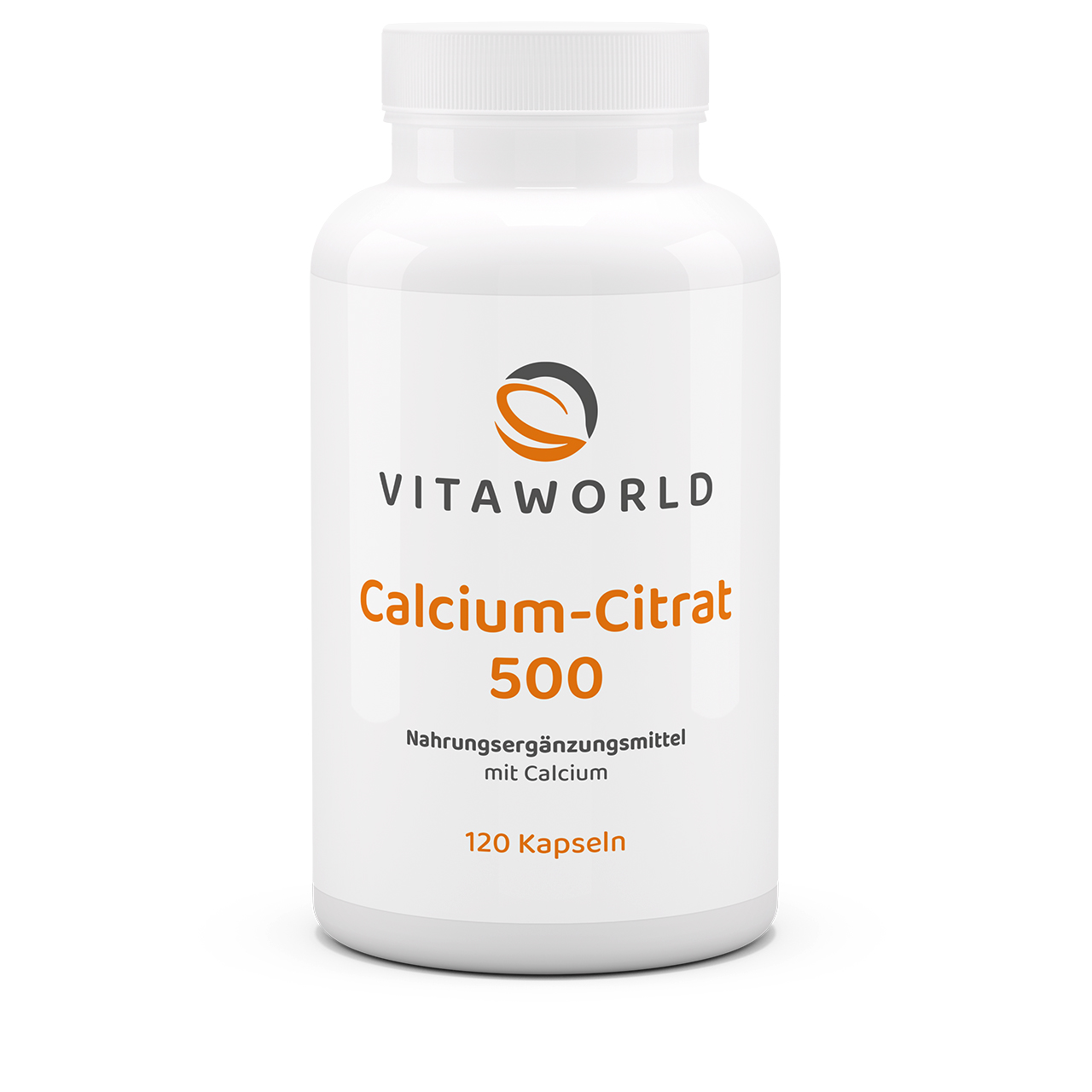
- For strong bones and teeth – essential calcium for your daily nutritional needs
- Well supplied – 533 mg calcium from easily absorbable tricalcium citrate
- More than just bone protection – calcium also supports muscle function, energy metabolism and nerves
Content: 0.104 Kilogramm (€143.27 / 1 Kilogramm)
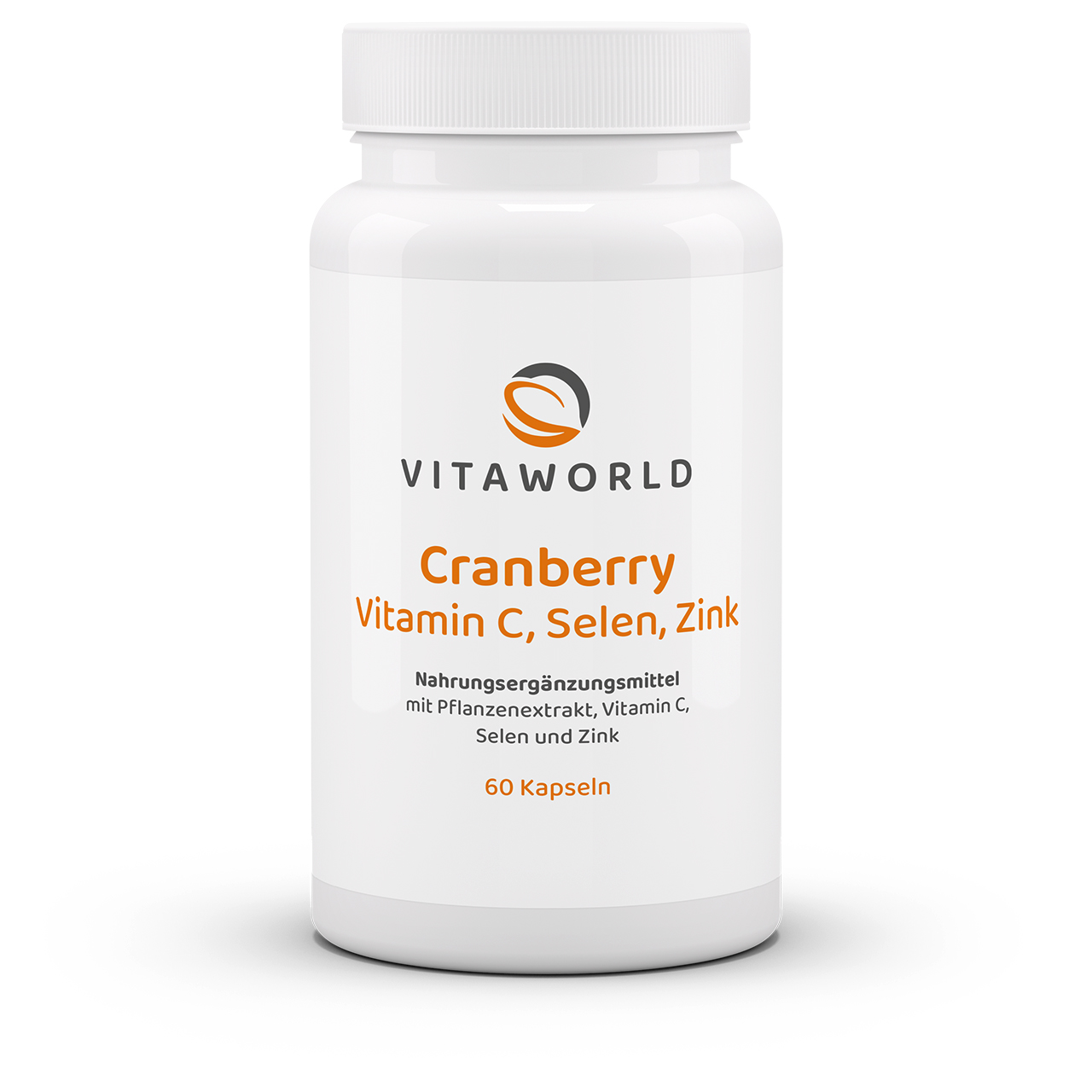
- Cranberry power – 400 mg extract per capsule, with 10 mg proanthocyanidins
- Micronutrient trio: with vitamin C, zinc and selenium – to support the immune system
- Plant power & micronutrients – cleverly combined for your daily well-being
Content: 0.0334 Kilogramm (€416.17 / 1 Kilogramm)
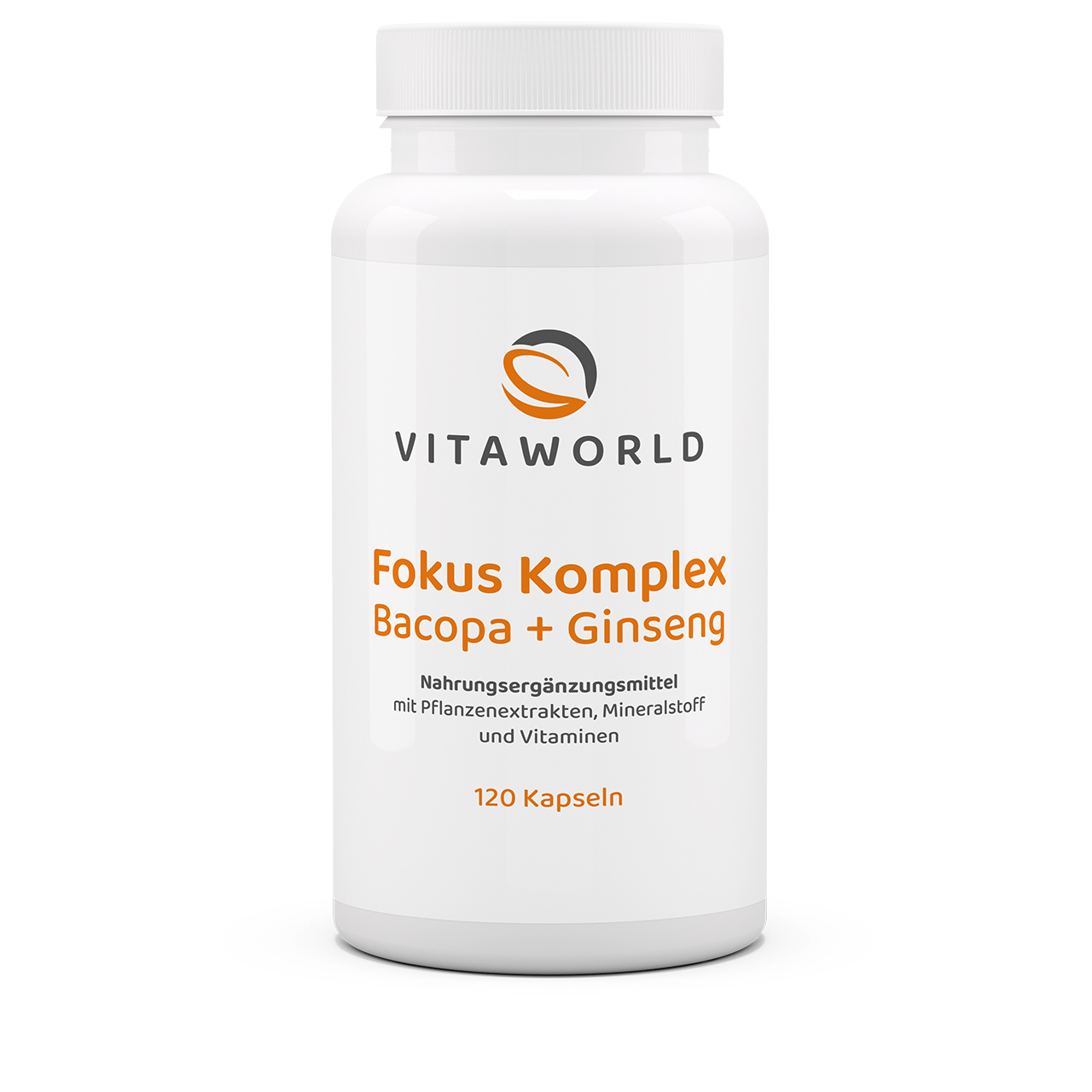
- With ginseng, ginkgo and bacopa – traditional plant substances in a new combination
- With B12, magnesium and folic acid – for mental health, nerves and energy
- Clear formula – plant-based, carefully selected, responsibly produced
Content: 0.0452 Kilogramm (€661.50 / 1 Kilogramm)

- Synergistically combined – with B6, B12, folic acid, betaine & choline
- To support normal homocysteine metabolism – scientifically proven dosage
- For more balance in the body – specifically formulated for your well-being
Content: 0.0716 Kilogramm (€305.87 / 1 Kilogramm)
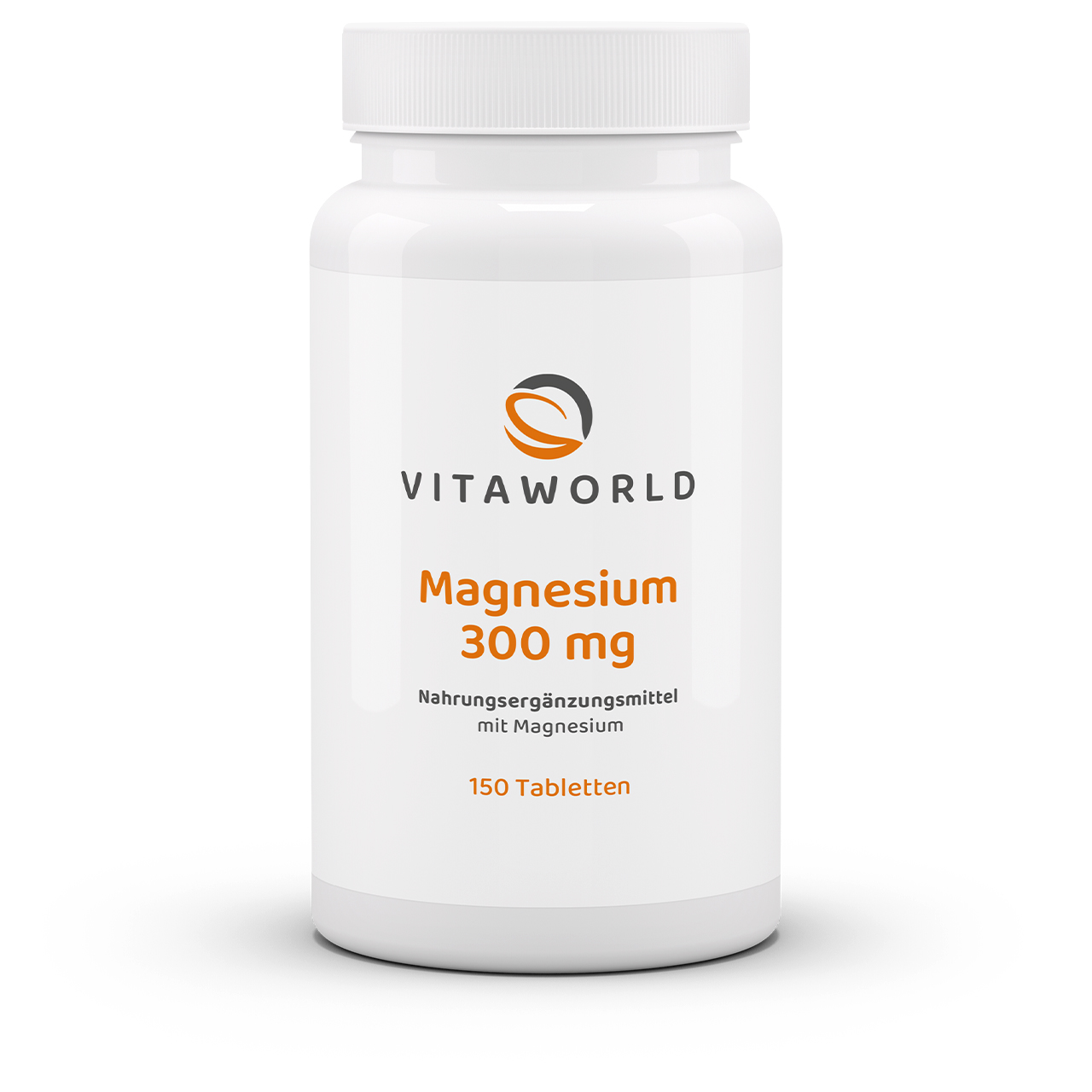
- 300 mg pure magnesium per tablet – high dose & effective
- Contributes to normal muscle function and healthy bones
- For active athletes & anyone with increased requirements – reliable supply
Content: 0.124 Kilogramm (€71.77 / 1 Kilogramm)
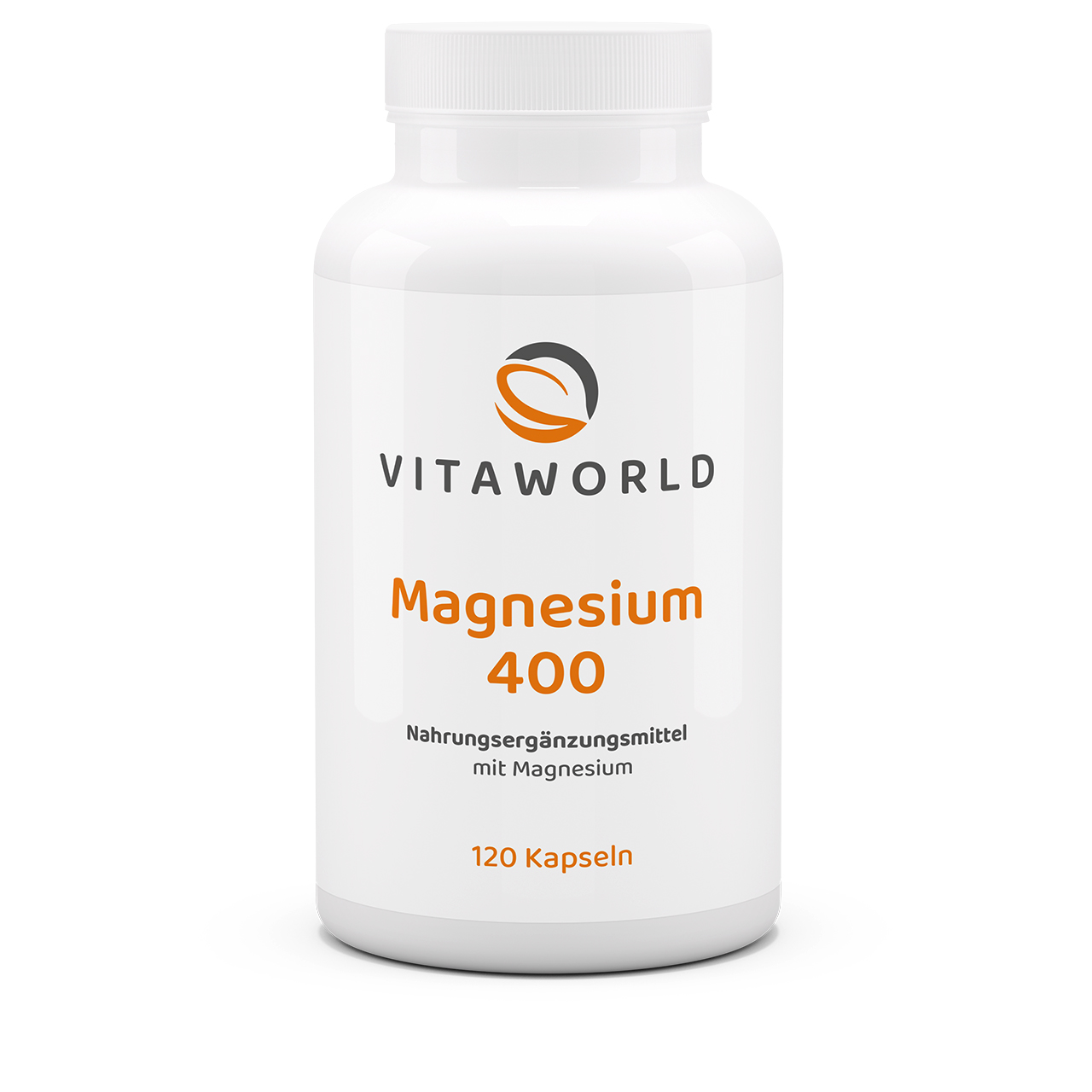
- 400 mg magnesium per capsule – extra high dose for your daily intake
- Contributes to normal muscle and nerve function
- Ideal for increased requirements – e.g. during sport, stress or an unbalanced diet
Content: 0.0944 Kilogramm (€104.87 / 1 Kilogramm)

- 333 mg magnesium per daily dose – as easily digestible magnesium bisglycinate
- Contributes to normal muscle function, nerve function and energy metabolism
- High bioavailability and gentle on the stomach – ideal for sensitive individuals.
Content: 0.108 Kilogramm (€184.26 / 1 Kilogramm)

- 333 mg magnesium per daily dose – as easily digestible magnesium bisglycinate
- Contributes to normal muscle function, nerve function and energy metabolism
- High bioavailability and gentle on the stomach – ideal for sensitive individuals.
Content: 0.324 Kilogramm (€150.93 / 1 Kilogramm)
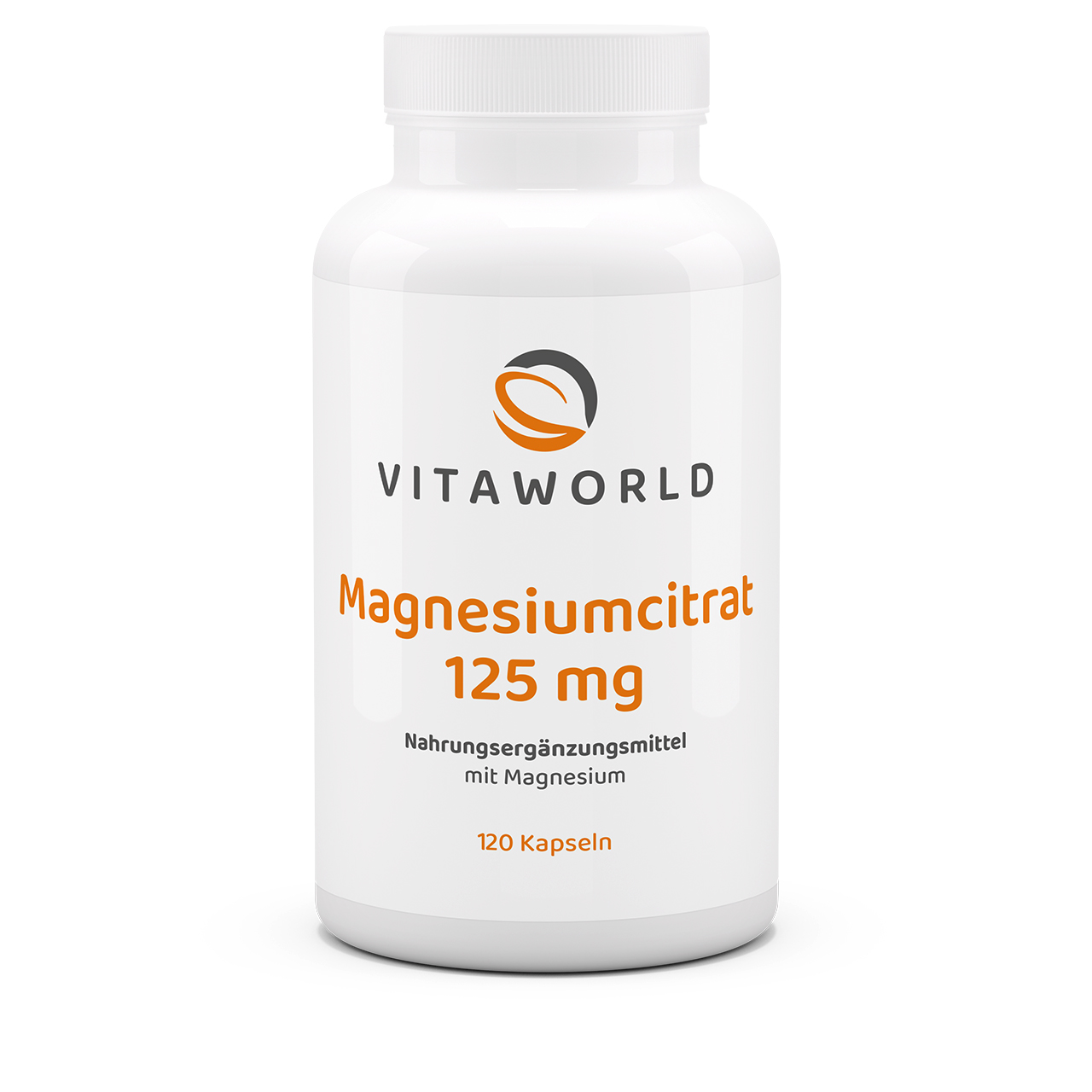
- 375 mg magnesium daily – well dosed & quickly available
- For muscles, bones & energy metabolism
- Citrate form with high bioavailability – particularly well tolerated
Content: 0.112 Kilogramm (€115.18 / 1 Kilogramm)

- 5 forms of magnesium as a highly available magnesium complex
- 375 mg pure magnesium – ideal for daily intake
- With vitamin B6 – an important cofactor of magnesium
Content: 0.161 Kilogramm (€123.60 / 1 Kilogramm)
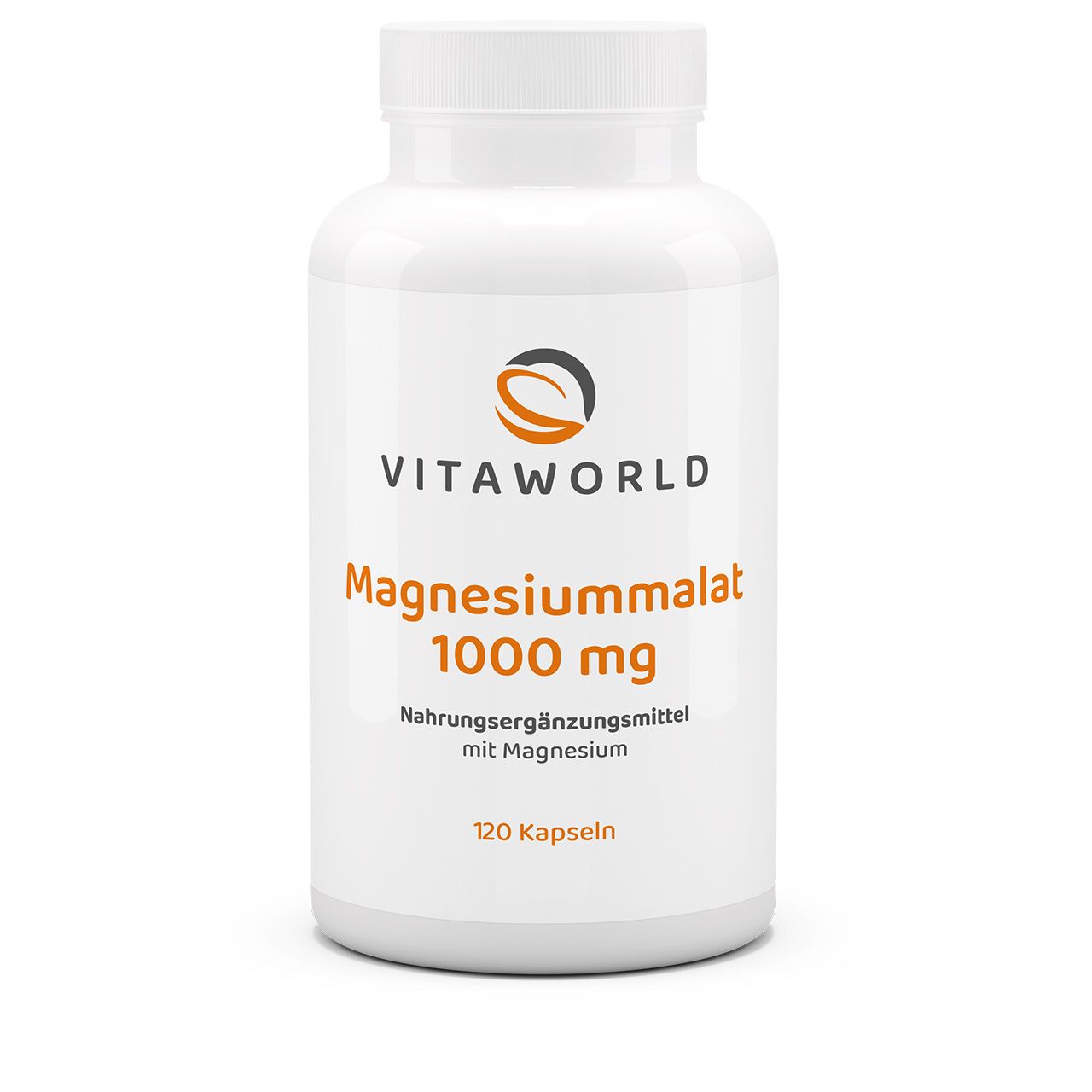
- 300 mg magnesium from magnesium malate per daily dose
- Contributes to normal energy metabolism and muscle function
- Easily absorbed and gentle on the stomach – with natural malic acid
Content: 0.1344 Kilogramm (€133.18 / 1 Kilogramm)

- 300 mg magnesium per daily dose – as easily tolerated magnesium taurate
- Contributes to normal muscle function and energy metabolism
- Combined with taurine – for optimal absorption and targeted supplementation
Content: 0.1224 Kilogramm (€162.58 / 1 Kilogramm)
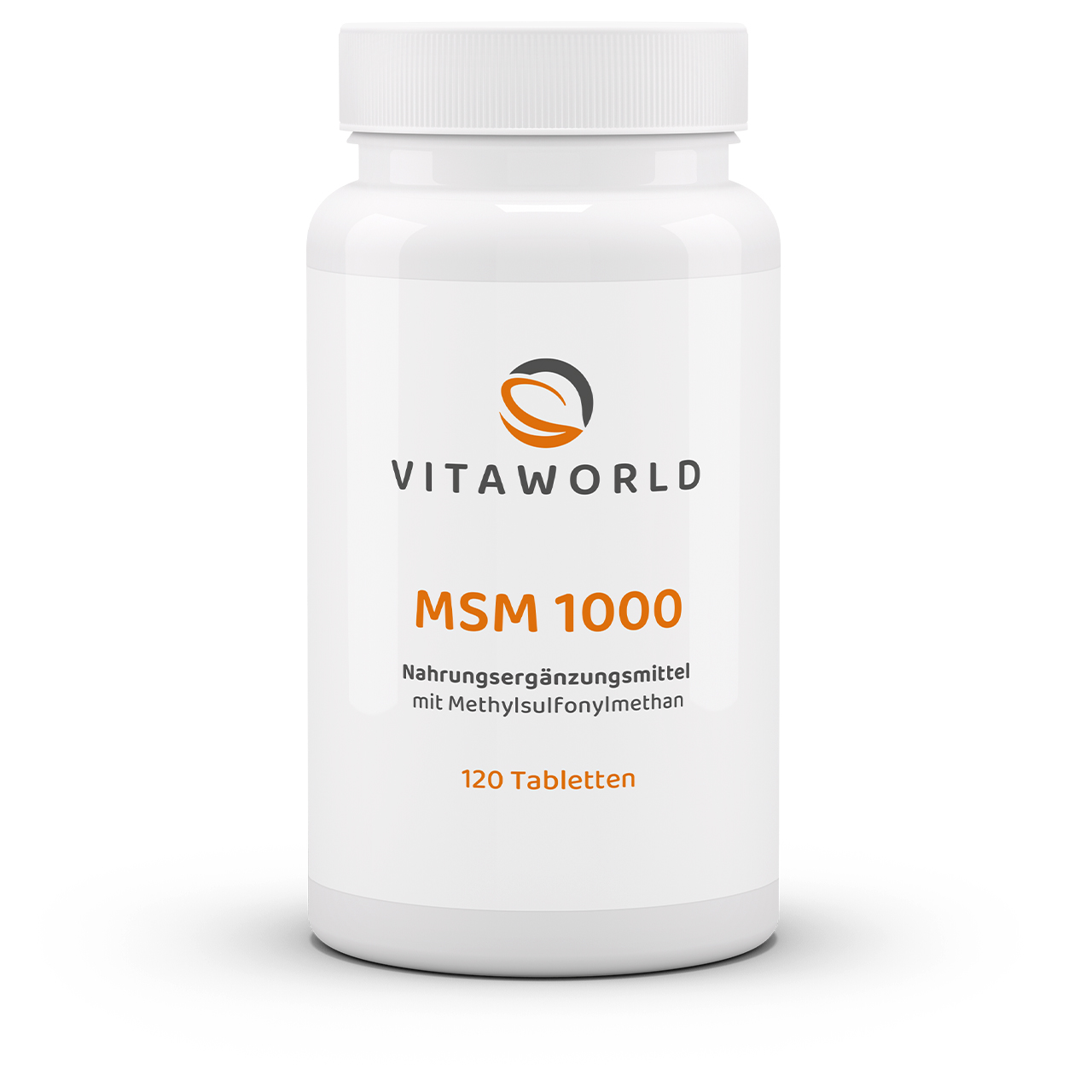
- 1000 mg MSM daily – naturally supplemented for your active lifestyle
- Organic sulphur – a natural building block for enzymes and structural proteins
- Actively supports you in everyday life
Content: 0.12 Kilogramm (€132.50 / 1 Kilogramm)
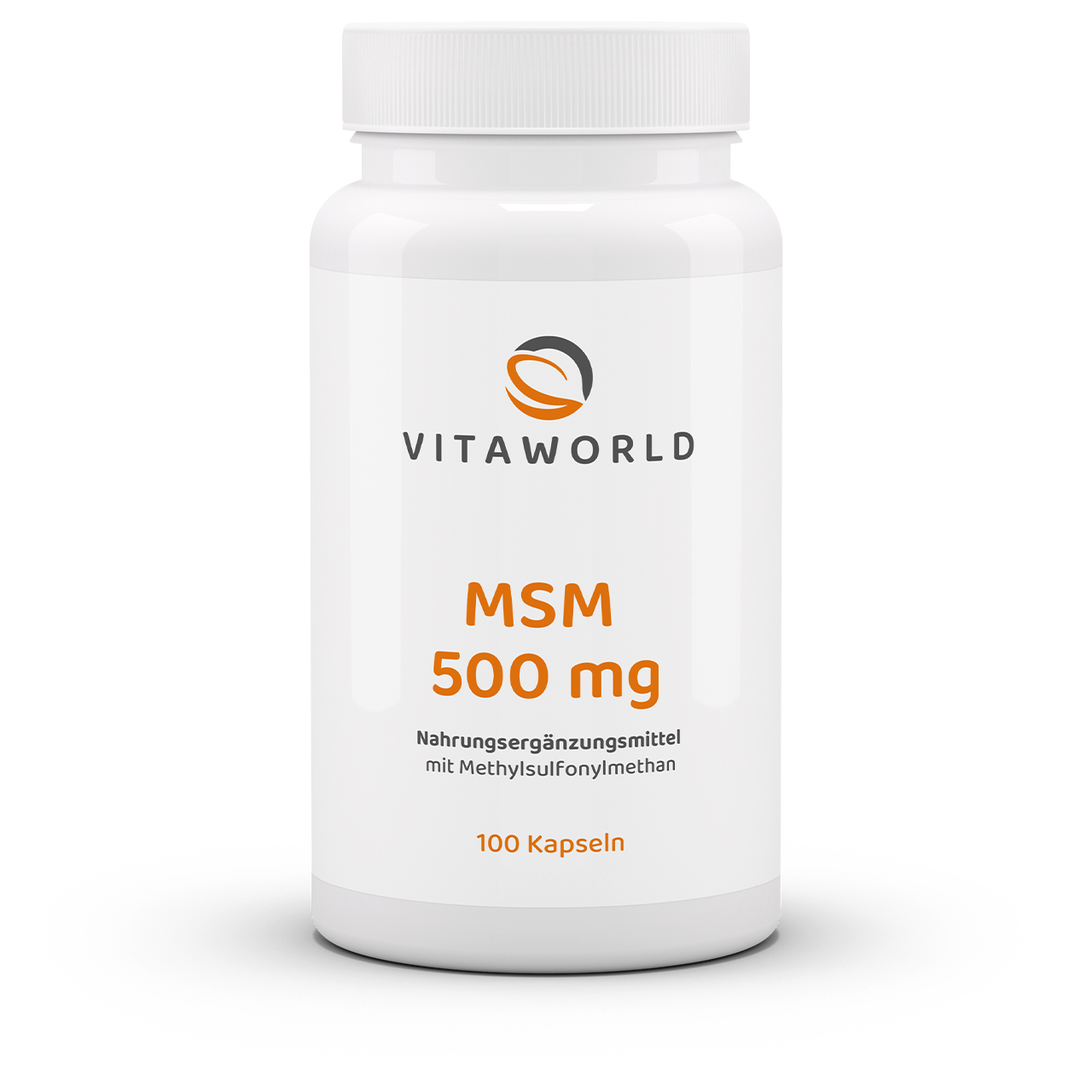
- 500 mg MSM daily – naturally supplemented for your active lifestyle
- Organic sulphur – a natural building block for enzymes and structural proteins
- Actively supports you in everyday life
Content: 0.0595 Kilogramm (€166.39 / 1 Kilogramm)

- 500 mg MSM daily – naturally supplemented for your active lifestyle
- Organic sulphur – a natural building block for enzymes and structural proteins
- Actively supports you in everyday life
Content: 0.1785 Kilogramm (€139.50 / 1 Kilogramm)
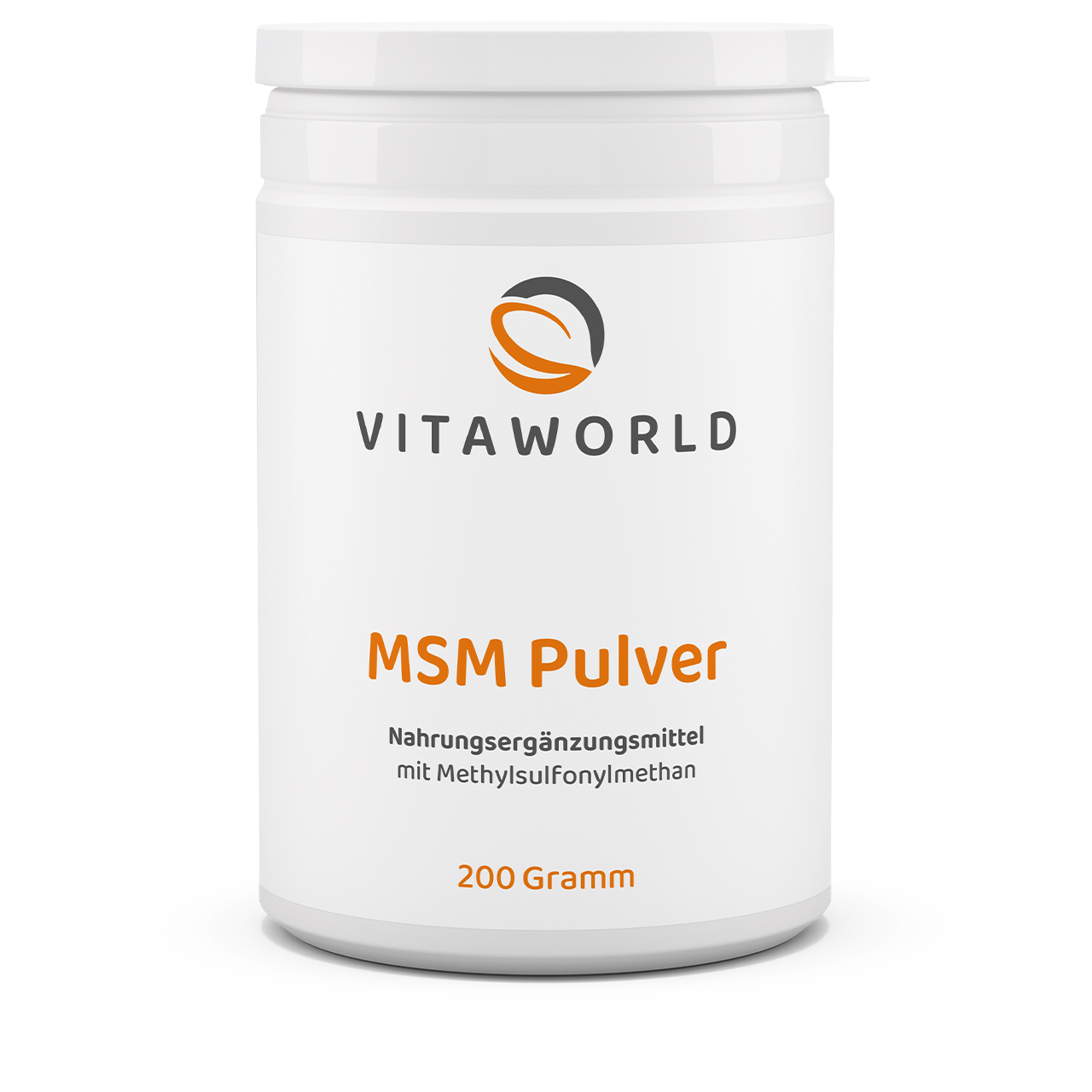
- MSM in powder form – naturally supplemented for your active lifestyle
- Organic sulphur – a natural building block for enzymes and structural proteins
- Actively supports you in everyday life
Content: 0.2 Kilogramm (€34.50 / 1 Kilogramm)

- Developed for people who consciously avoid vitamin K and iodine
- With 17 selected vitamins and minerals
- Comprehensive supply from A to Z
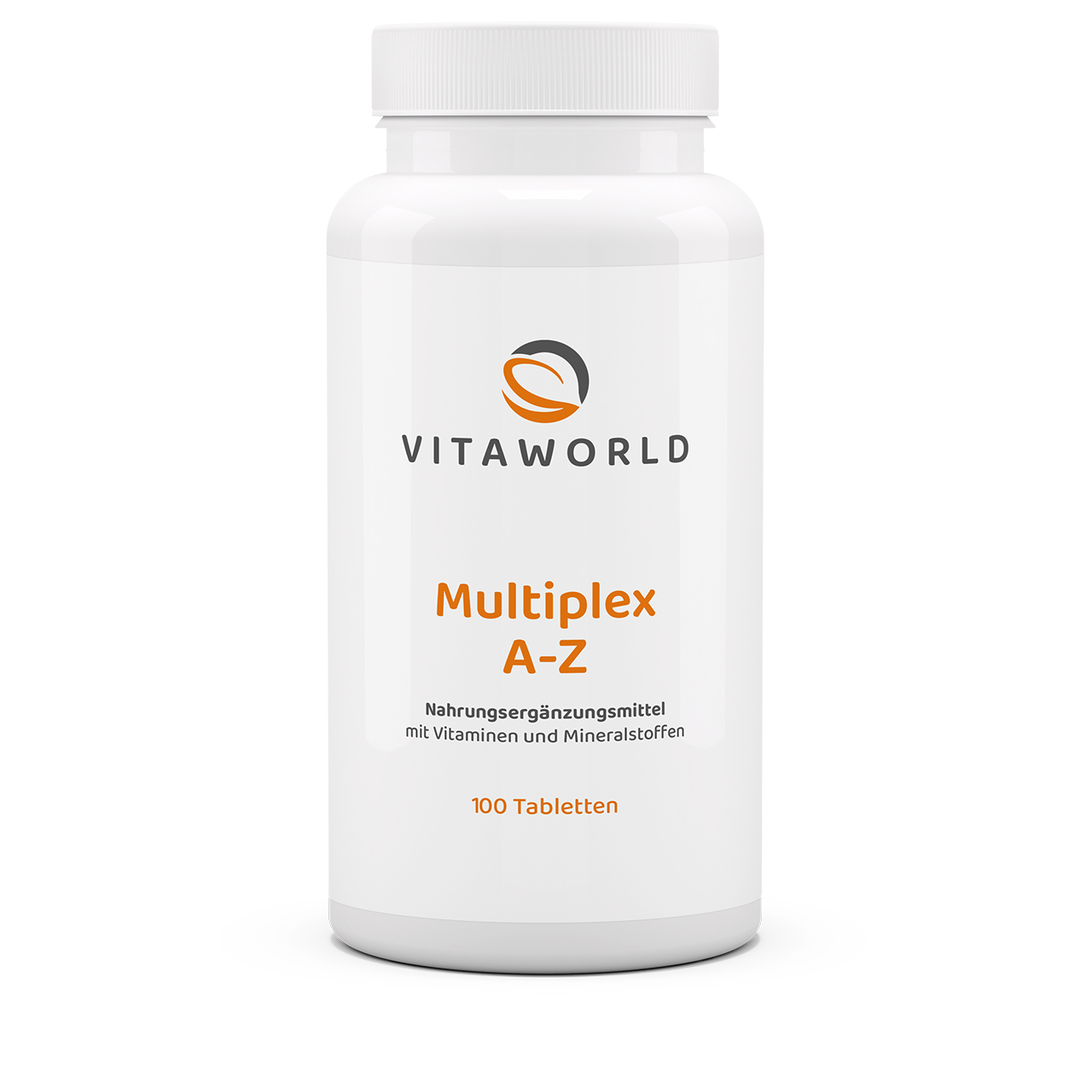
- With 24 carefully balanced vitamins, minerals and trace elements
- Contains all essential micronutrients – from A to Z
- For your daily all-round care – ideal for everyday use and when you need a little extra
Content: 0.0125 Kilogramm (€1,192.00 / 1 Kilogramm)
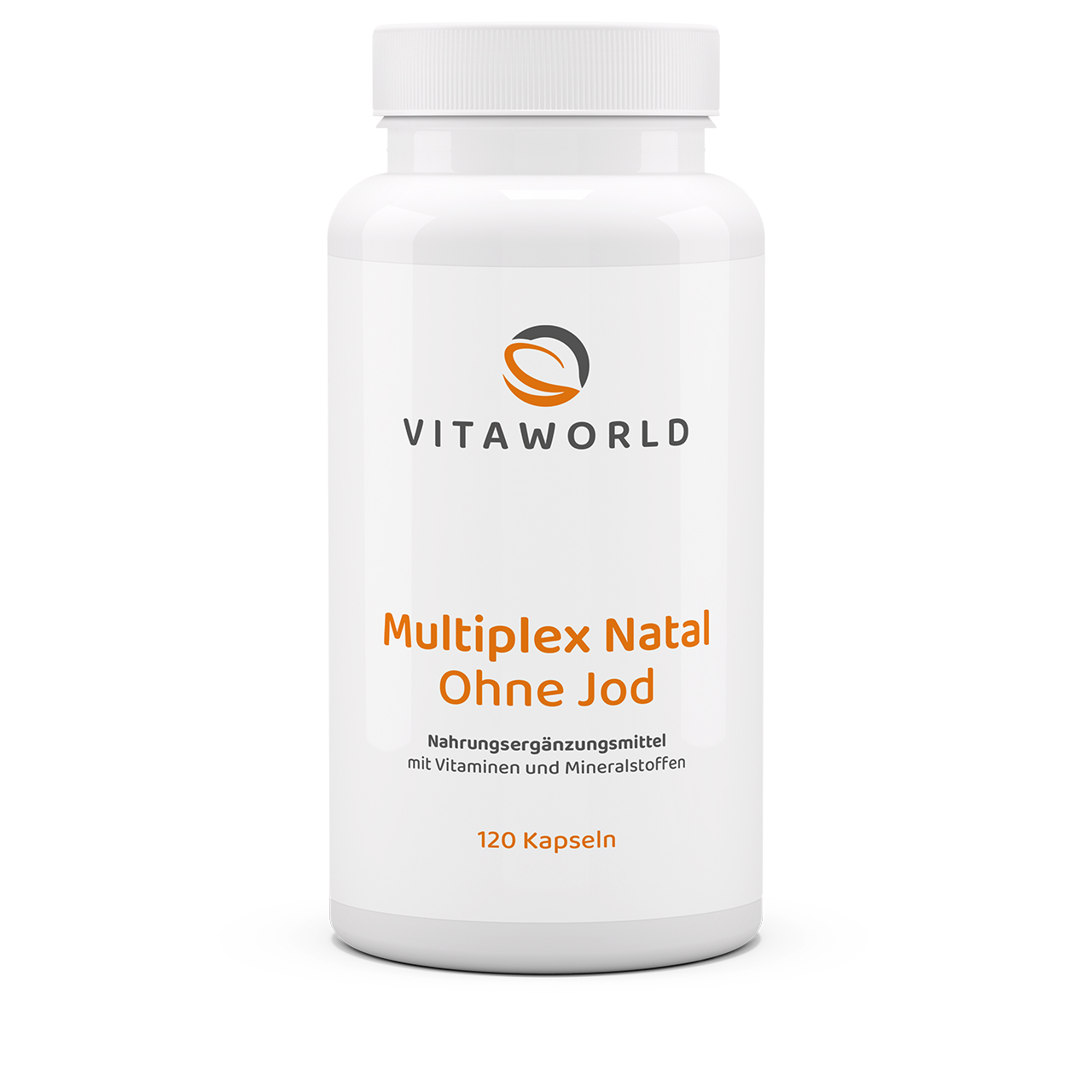
- With 17 selected vital substances – without iodine & vitamin K, specifically tailored
- Folic acid contributes to the growth of maternal tissue during pregnancy
- Developed for the special needs of pregnancy – gentle & effective
Content: 0.0555 Kilogramm (€268.47 / 1 Kilogramm)
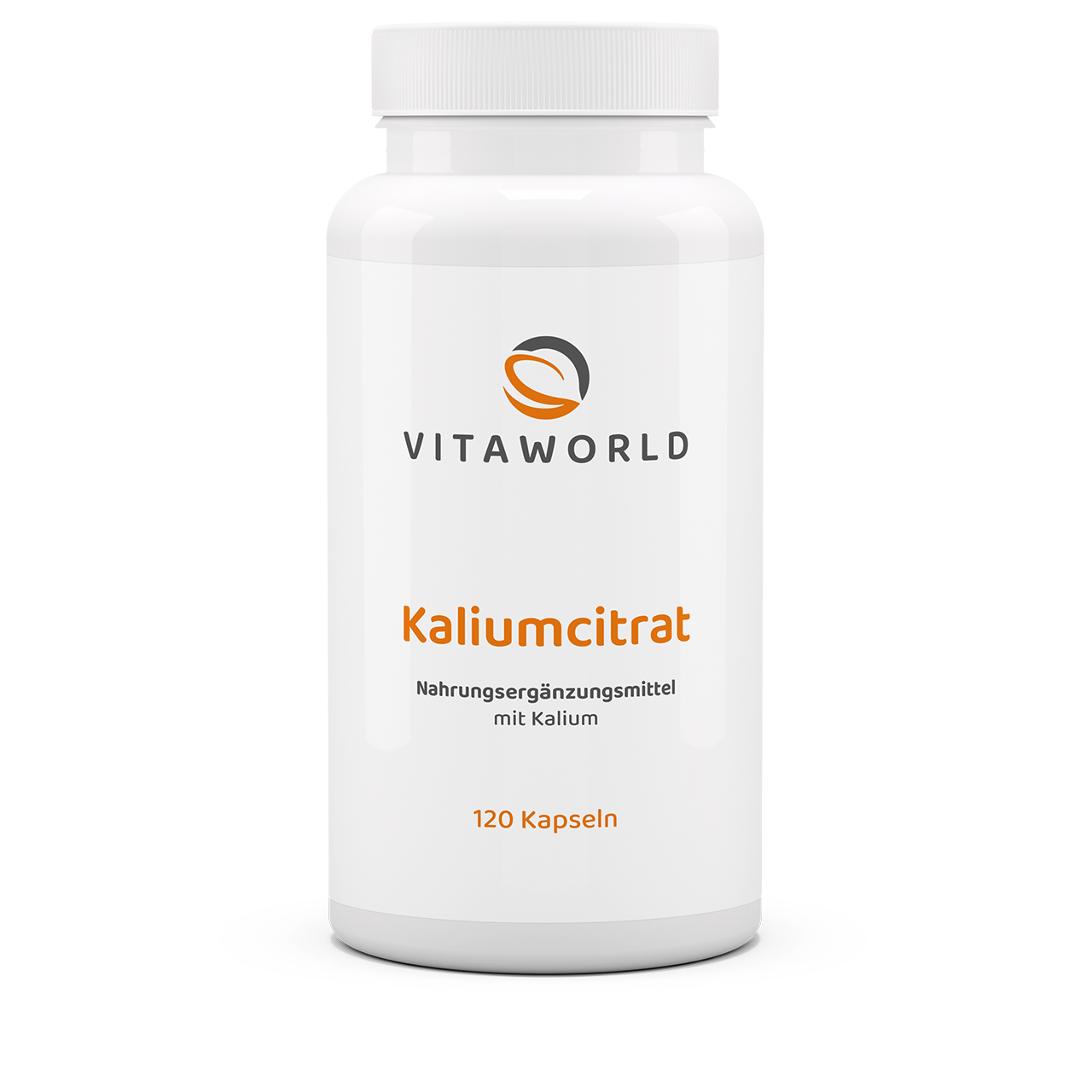
- 605 mg of pure potassium per daily intake – targeted supplement for increased requirements
- Potassium contributes to normal nerve and muscle function
- Helps maintain normal blood pressure – essential for your well-being
Content: 0.0762 Kilogramm (€195.54 / 1 Kilogramm)

- Calcium & magnesium in a natural 2:1 ratio – naturally sourced from marine sources
- Extracted off the coast of Okinawa – from the original Sango sea coral
- Calcium contributes to the maintenance of normal bones, teeth and energy metabolism.
Content: 0.091 Kilogramm (€163.74 / 1 Kilogramm)
